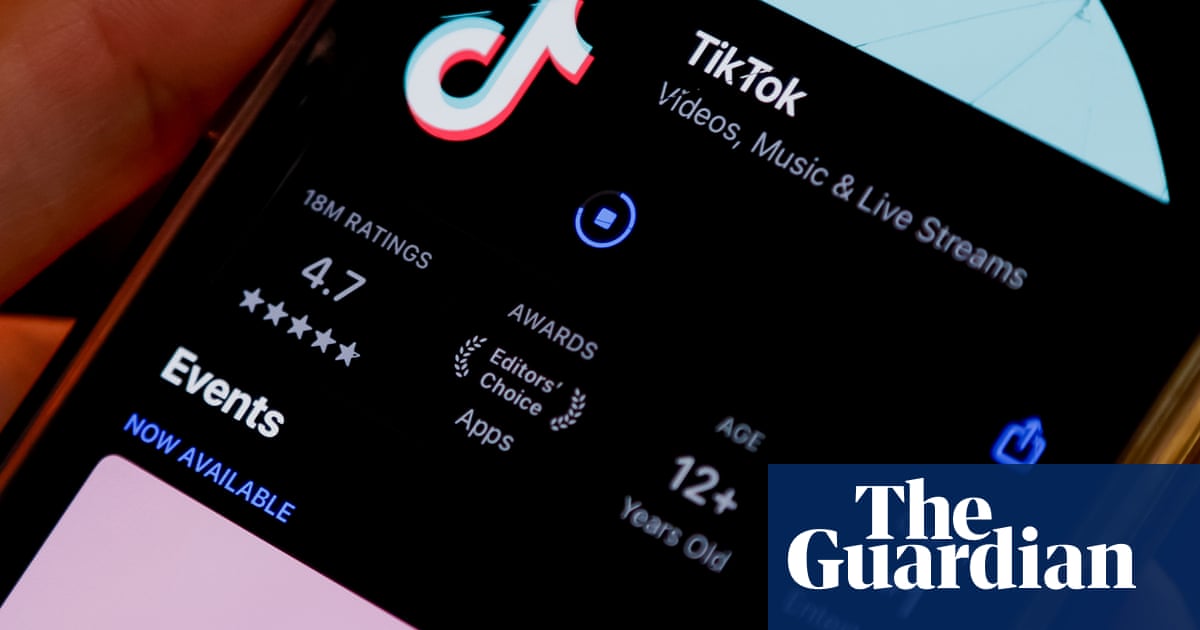It is another example of the parallel worlds in the music industry. The Gallagher brothers may be taking over the world’s stadiums this summer, but over onTikTokusers are moving to a different beat.
Views of posts using electronic music as a soundtrack, including techno and house, outgrew those tagged for indie and alternative for the first time in 2024, according to the social media app.
There were more than 13bn views of videos tagged #ElectronicMusic worldwide last year, an increase of 45% on 2023, representing faster growth than the “indie and alternative” and “rap and hip-hop” genres. Videos created with the electronic music tag grew by more than 100% over the same period.
TikTok said creators were turning to electronic music in particular as a soundtrack for specific types of video clips, such as sport, fitness and fashion. It has also proved popular with travel content and summer holiday recaps.
TikTok’s head of music partnerships for the UK and Ireland, Toyin Mustapha, said the success of British artists such as Disclosure and Joel Corry had underlined electronic music’s entry into the mainstream.
“Dance music has become more accessible and big in the commercial sphere,” he said. “We are seeing the breaking down of boundaries for artists, and TikTok is part of that.”
TikTok, which has more than 1 billion users worldwide, has become a major platform for breaking and supporting music artists. One of the biggest summer anthems of last year, Adam Port’s Move, established its appeal on the app before becoming a streaming hit. It reached the top 10 in the UK and across Europe. Another hit on TikTok and streaming platforms last year was Pawsa’s Dirty Cash (Money Talks), which reached No 17 in the UK charts.
Fred Again’s headlining sets at the Reading and Leeds festivals have underlined the ascent of electronic artists in major markets, but Mustapha also points to mainstream chart success. Jazzy become the first female Irish act to reach No 1 in Ireland in more than a decade in 2023.
“It’s not just reflected in festival bookings, you can see it in the official charts as well,” he said.
Two British DJs have also taken off on TikTok in recent years. Hannah Laing, aformer dental nurse from Dundeeknown as the queen of “doof”, has launched her own festival and label after building a steady music career on the app.Billy Gillies, a Belfast DJ whose hits include DNA (Loving You) has also built a strong following on the platform.
UK views of videos with the #ElectronicMusic hashtag grew 22%, while the number of videos created with the same hashtag rose by more than 50%.
“TikTok users tend to tag the genres of music, especially genres like electronic music. It shows the community they are trying to build and are part of, and electronic music is very much a community-led thing,” Mustapha said.
Sign up toTechScape
A weekly dive in to how technology is shaping our lives
after newsletter promotion
Spotify said streams of dance and electronic music had increased by an average of 18% a year since 2000, while streams of drum’n’bass had risen 94% since 2021.
Indie and alternative, as well as rap and hip-hop, remain bigger genres overall among TikTok users, with indie in particular likely to get a boost when Oasis return in the summer despite the electronic music surge. Last year, TikTok flagged a trend called “Britishcore”, which celebrated the more mundane aspects of UK life but also captured excitement over the Gallagher brothers’ reunion. The hashtag #OasisReunion received more than 100m video views in thefortnight after their comeback tour was announced.
As well as a boom in electronic music, British TikTok users alsoembraced the music industry’s back cataloguelast year. TikTokers set a new high for use of old tracks on British posts, with tunes more than five years old accounting for 19 out of the 50 top tracks in 2024. Popular back catalogue tunes included Sade’s Kiss of Life and Sophie Ellis-Bextor’s Murder on the Dancefloor.
As with electronic music, the trend was also global. Twenty of the top 50 tracks worldwide came from back catalogues, led by the 1980s hit Forever Young by the German synth-pop band Alphaville.
